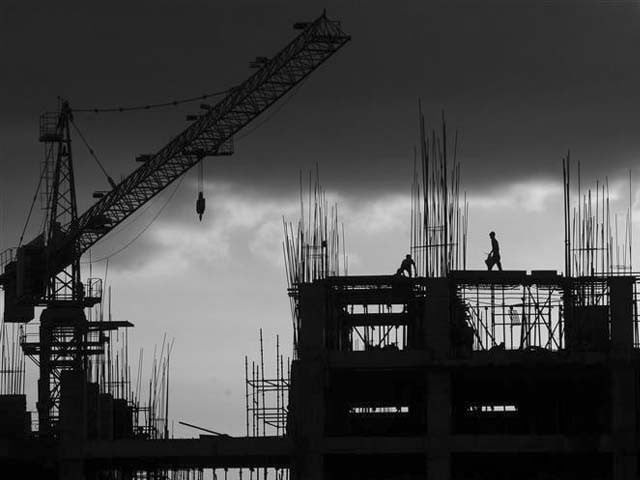The benchmark equity index, KSE-100, offered a 7% return on average in the last five years. Likewise, gold investors relished a return of roughly 16% on average from 2016 to 2020, while a five-year PIB is rendering over a 9% yield as of now. Despite such lucrative returns on offer, many investors in Pakistan opt for real estate as an investment avenue. They do so because real estate offers a far better return. But, the question is, how?
The real estate market of Karachi is a classic example. The property prices have surged swiftly in the country’s largest metropolis. The unplanned rise in the city’s population due to immoderate rural-urban migration has augmented the demand for housing. The gravity of this snag is such that the city lacks a master plan.
This staged an opportunity for the builders and developers to use barren land available on the outskirts of the city. The land parallel to the super highway attracted hefty investment. The largest project to emerge onto the scene is Bahria Town, Karachi. The development of Bahria Town sparked an uptick in the prices of dozens of cooperative housing societies (CHS) in Gulzar-e-Hijri, Scheme 33, both sides of the highway. The properties available for as low as Rs. 4 million back in 2016 were sold/purchased at around Rs. 20 million last year. This translates into a roughly 80% return per annum and 400% for the holding period.
The primary beneficiaries of a leap in price levels include Pakistan Teachers CHS, Pakistan Scientist CHS, and Kaneez Fatima CHS. They were able to entice prompt investment in the wake of proximity from the highway and neighbourhood towns like Gulshan-e-Iqbal and Gulistan-e-Johar.
The prices of houses and apartments in Gulshan-e-Maymar town, located along the super highway, also increased fivefold in the second half of the outgoing decade. The property priced at Rs. 2 million is currently selling above a million rupees. The CHS societies and towns in the vicinity like Garden City in Scheme 45 also savoured the accelerated surge in prices.
Besides, the sparsely populated residential areas a couple of decades ago are now occupied up to the brim. This saturation has paved the way for establishing a slew of housing projects other than the super highway and a culture for secure, gated communities has surfaced.
For example, the Saima Builders have minted aplenty out of Saima Arabian Villas in Gadap Town, Karachi. The project’s success is evident from the fact the same real estate group has begun work to come up with another project just behind the Saima Arabian Villas.
On the other hand, the Javedan Corporation Limited owns nearly 1300 acres of land in the Manghopir area. Its project, the Naya Nazimabad, came under criticism due to excessive flooding in Block C and some parts of Block B during the last monsoon. Despite much censure, the price levels did not plummet. Conversely, Block A, largely unaffected by rain, saw an elevation in its prices.
These are a handful of many such examples one can find. All of this results in a sizable proportion of investable money being siphoned into real estate. The masses prefer to invest in properties to reap fruits from this money-making investment horizon. But, the interest is not limited to the general public.
The real estate market also acts as a safe haven for public-office bearers and businessmen to park their ill-gotten wealth. These people are the prime recipient of the government’s amnesties in the name of the construction package, legitimising misconduct by turning a blind eye to the investment source. So, this market is home to a whopping quantum of black money in Pakistan.
The escalation in property prices is demand-led. The unfortunate part is that accommodation is becoming increasingly out of reach, even for the middle-income group. Low-cost housing is a step in the right direction. However, thorough reforms must be undertaken before the situation exacerbates.



COMMENTS
Comments are moderated and generally will be posted if they are on-topic and not abusive.
For more information, please see our Comments FAQ